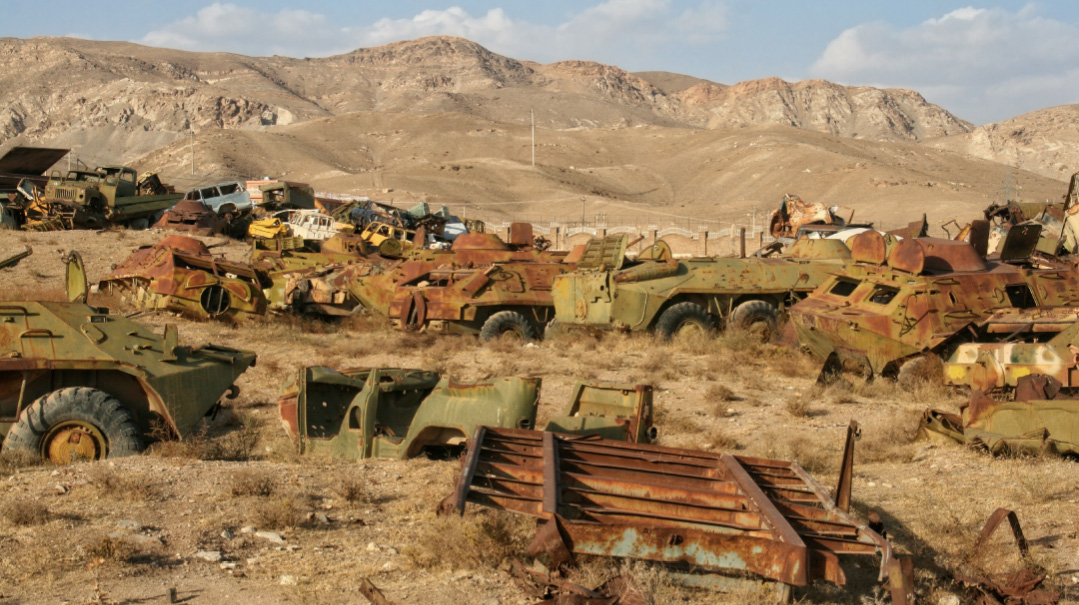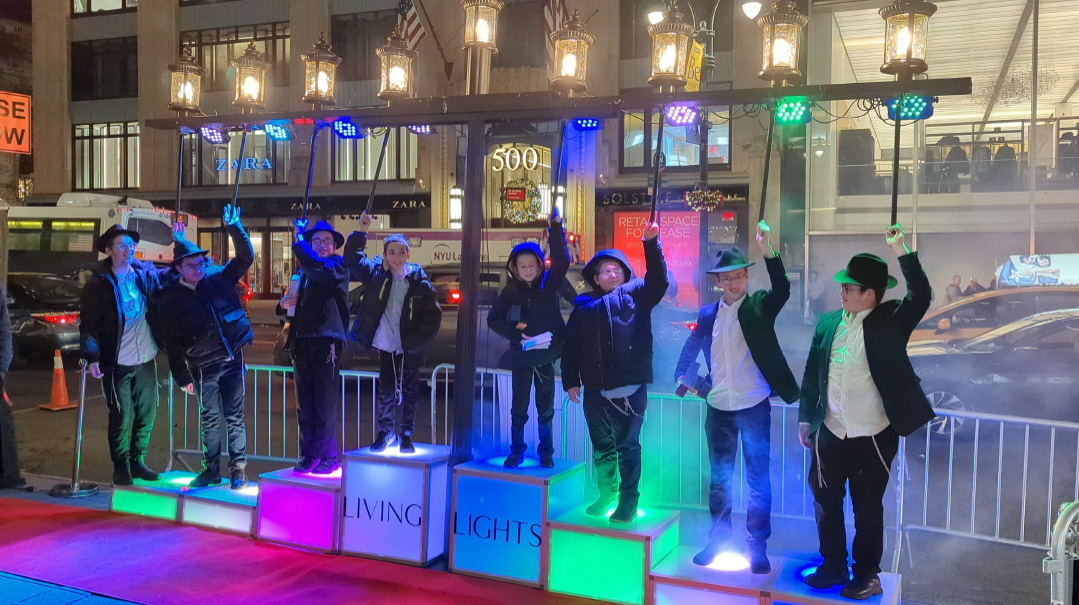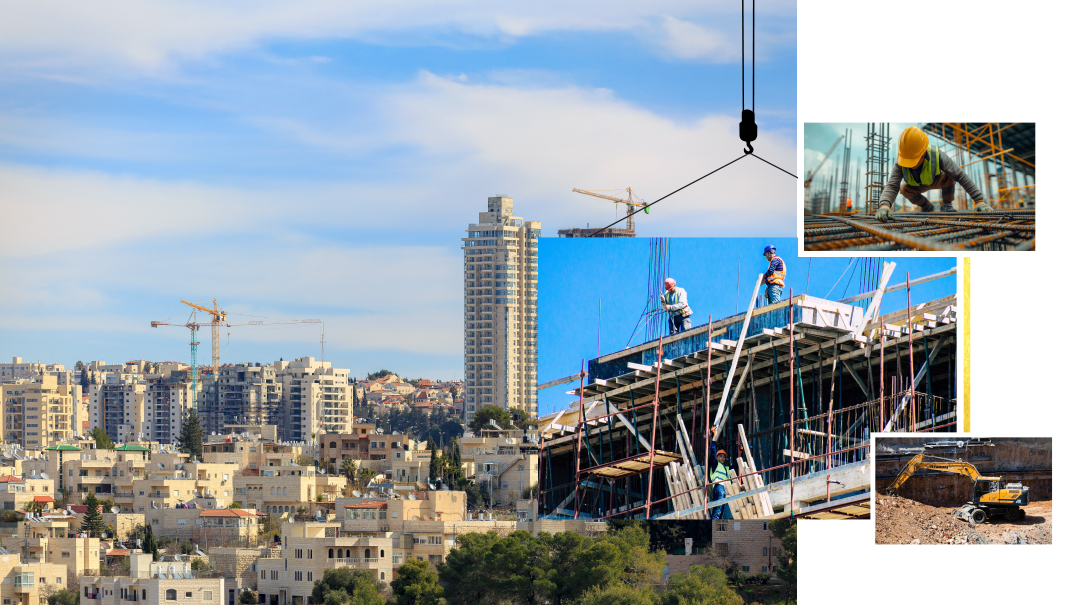Tourist Trap
| November 12, 2024Am I crazy to be navigating the streets of Kabul, Afghanistan, while the Taliban warlords are watching my every move?

Benny Waxler, Kabul, Afghanistan
There’s no music, no shopping, and no coffee. True, I’ve been to over a hundred countries, not all of them friendly, but really, am I crazy to be navigating the streets of Kabul, Afghanistan, while the Taliban warlords are watching my every move?
AS I deplane and enter the terminal in Kabul, Afghanistan, I’m approached by three tired-looking guards holding mean-looking rifles.
“Kam kam, to the kam,” one of them mumbles, signaling with his weapon for me to follow him.
“Everything okay?” I ask with a smile that belies my nervousness. “Hey, at least say, ‘Welcome to Afghanistan,’ ” I say, trying to break the tension. He doesn’t respond.
Minutes earlier, I had been sitting in a modern Air Arabia plane, surrounded by men with white knitted skullcaps and long beards, some of whom could easily pass for Bukharian market vendors in Jerusalem, looking down on the runway of Kabul’s international airport. Right here, just three years ago, the whole world watched in horror as people tried to grab on to the wheels of the taking-off planes in a desperate attempt to escape the incoming terror regime after the American forces retreated from Afghanistan with their tails between their legs. And into the power vacuum came the Taliban, with whom America had been at war for twenty years.
And here I am, an Israeli Jew, doing the craziest thing of my life and deciding to fly in the opposite direction.
Facing the rifle-draped soldier, I’m wondering if perhaps I’ve crossed one border too many, despite my desire to visit every place in the world. As a tour operator specializing in putting together adventures for thrill-seeking travelers, I’ve always had my own ways of ensuring I could travel almost anywhere without danger, including to places like Saudi Arabia, Kuwait, Dubai, Iraq, Sudan, and more — but this time, it’s different: This isn’t about figuring out who the rebels are and where not to go. This time, it’s about jumping straight into their arms.
The officer looks at the visa I received from the Afghan embassy in a certain English-speaking country, then looks me over again. I mean, this isn’t exactly a tourist hotspot — how many foreigners even come here?
As my team and I do with every foreign location, I only arrive after much research and careful preparation, as well as studying all the cultural codes.
After about half an hour, the unsociable soldier picks up the phone and calls the office who arranged our visa. The tension is immense, but after a few minutes, I’m released. My visa, he confirms, is authentic.
Yes, it’s true that the US Embassy’s travel advisory lists Afghanistan as a “Level 4: Do Not Travel” spot. Multiple terrorist groups are active in the country, US and other foreign citizens are targets of kidnapping and hostage-taking, and there’s a strong risk of wrongful detention. Among the long list of precautions if traveling to Afghanistan, the Embassy advises to keep a low profile, notify a trusted person of your travel and movement plans, leave a DNA sample with your medical provider, and make a will.
Oops! We could not locate your form.







